US Customs and Border Protection (CBP) launched a face-scanning app for local law enforcement agencies that assist the federal government with immigration-enforcement operations. The Mobile Identify app was released on the Google Play store on October 30. This app facilitates functions authorized by Section 287(g) of the Immigration and Nationality Act (INA), a US law that lets Immigration and Customs Enforcement (ICE) delegate immigration-officer duties to state and local law enforcement, according to the Mobile Identify app's description on the Google Play store.
The app, designed to streamline immigration enforcement responsibilities, allows participating agencies to have designated officers who are trained, certified, and authorized to perform certain immigration enforcement functions, helping to identify and process individuals who may be in the country unlawfully. CBP officials stated that the tool is built to securely and efficiently process those responsibilities directly in the field.
A Memorandum of Agreement (MOA) between the Department of Homeland Security (DHS) and participating agencies enables local law enforcement to have designated officers who can perform immigration enforcement functions. This MOA is a formal agreement that outlines the terms and conditions for the use of the Mobile Identify app.
According to the app's description, the tool is designed to provide a secure and efficient way for law enforcement agencies to identify and process individuals who may be in the country unlawfully. The app uses facial recognition technology to match individuals against immigration databases, allowing officers to quickly and accurately identify potential immigration violators.
CBP officials emphasized that the Mobile Identify app is a critical tool for local law enforcement agencies, enabling them to more effectively assist the federal government with immigration-enforcement operations. "This app is a game-changer for local law enforcement agencies," said a CBP spokesperson. "It provides them with the tools they need to effectively identify and process individuals who may be in the country unlawfully, while also ensuring the safety and security of their communities."
The release of the Mobile Identify app has sparked concerns among civil liberties groups, who argue that the use of facial recognition technology by law enforcement agencies raises significant privacy concerns. "We are deeply concerned about the potential for abuse of this technology," said a spokesperson for the American Civil Liberties Union (ACLU). "Facial recognition technology is a powerful tool that can be used to target and harass marginalized communities, and we urge law enforcement agencies to exercise extreme caution in its use."
The Mobile Identify app is currently available for download on the Google Play store, and CBP officials stated that they will continue to work with local law enforcement agencies to ensure the successful implementation of the tool. As the use of facial recognition technology by law enforcement agencies continues to grow, it remains to be seen how this technology will be used and how it will impact the communities it serves.



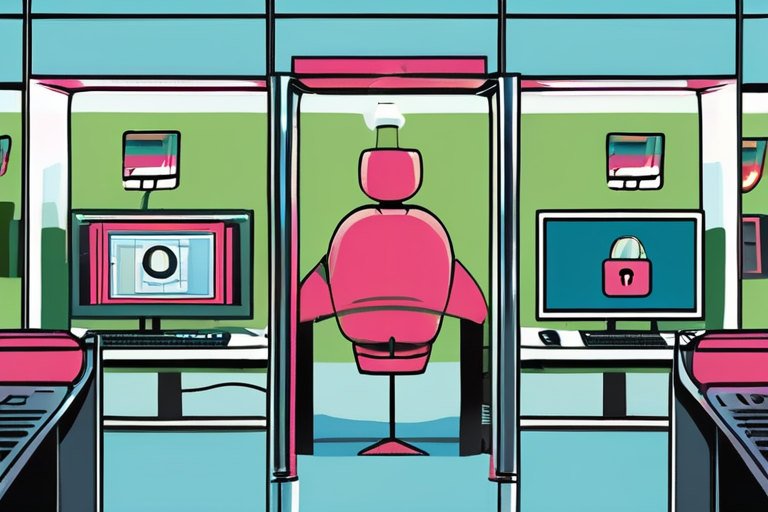

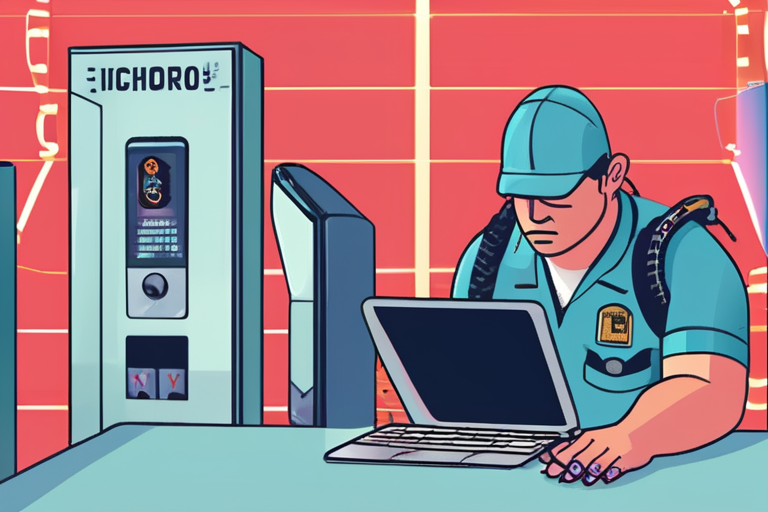





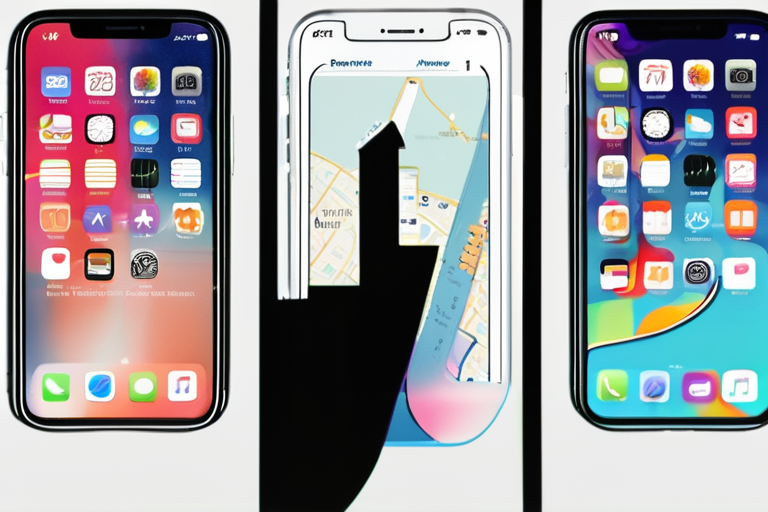
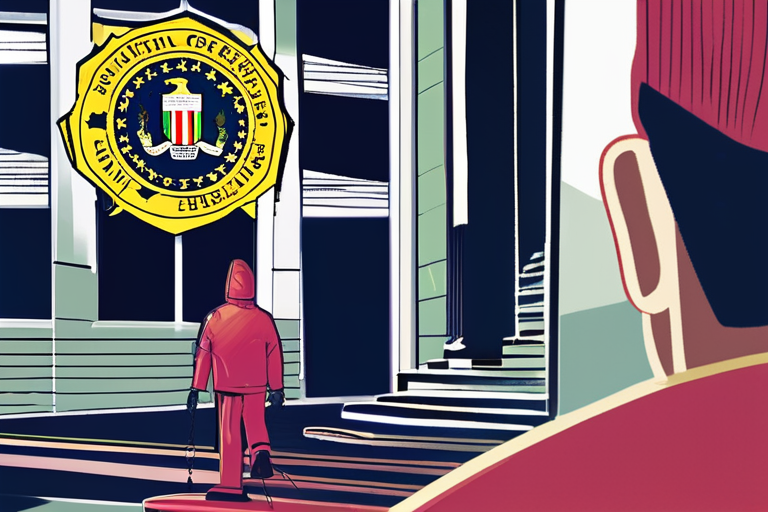
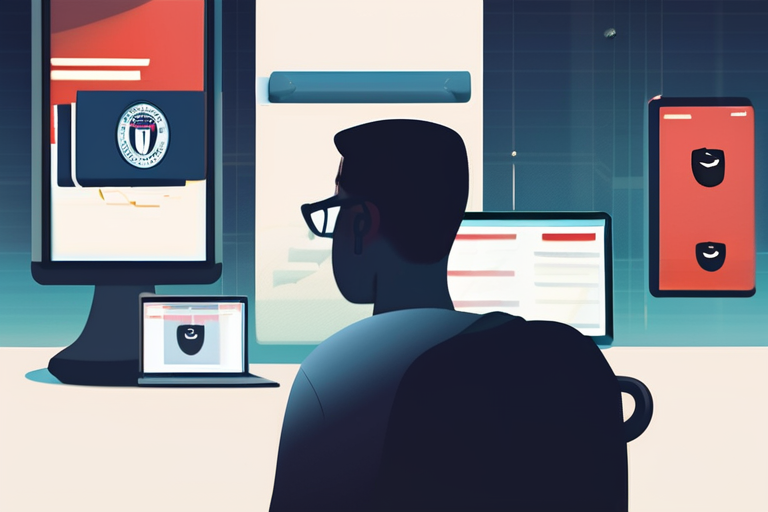
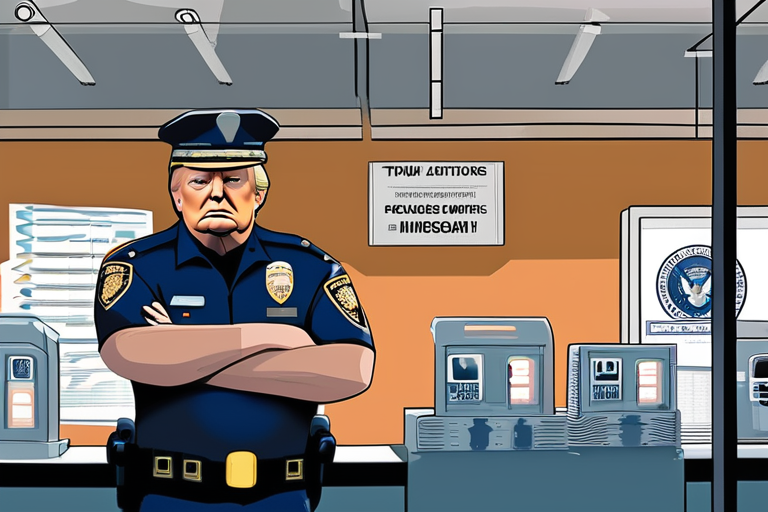
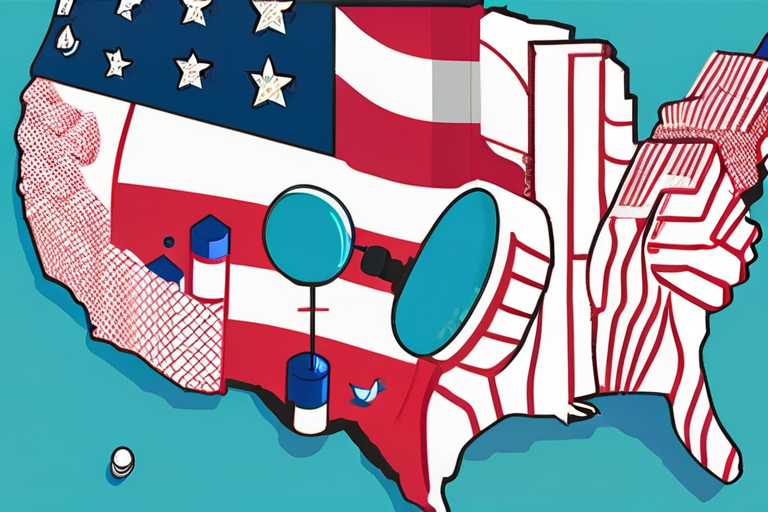
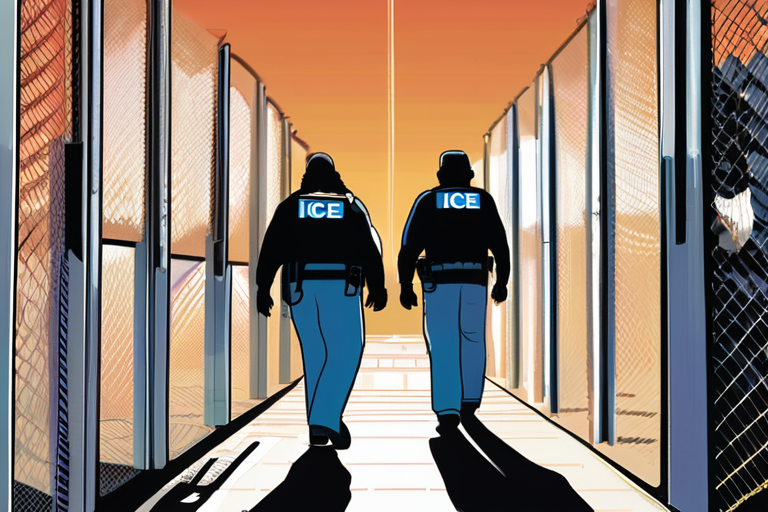

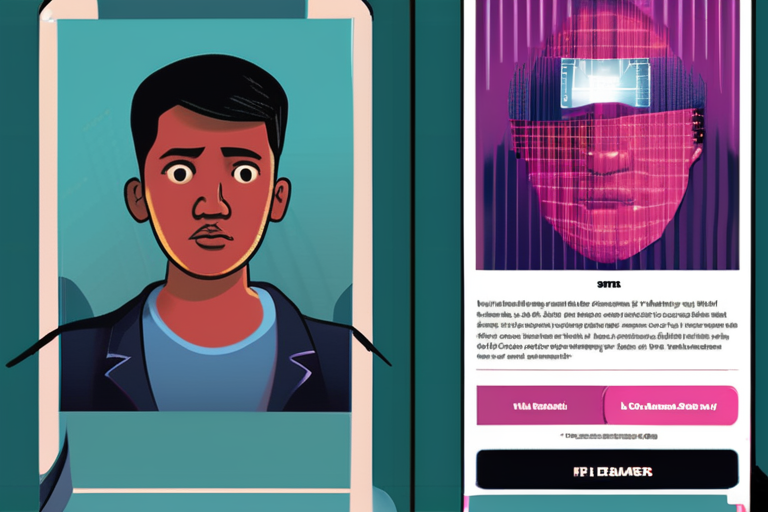
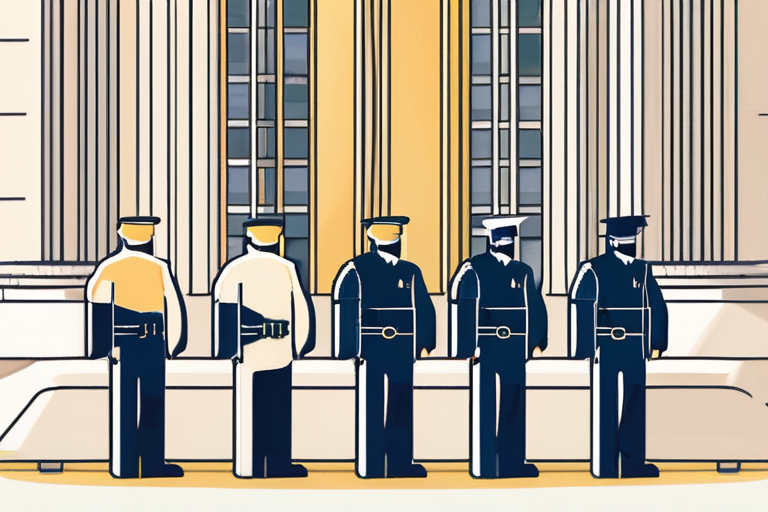
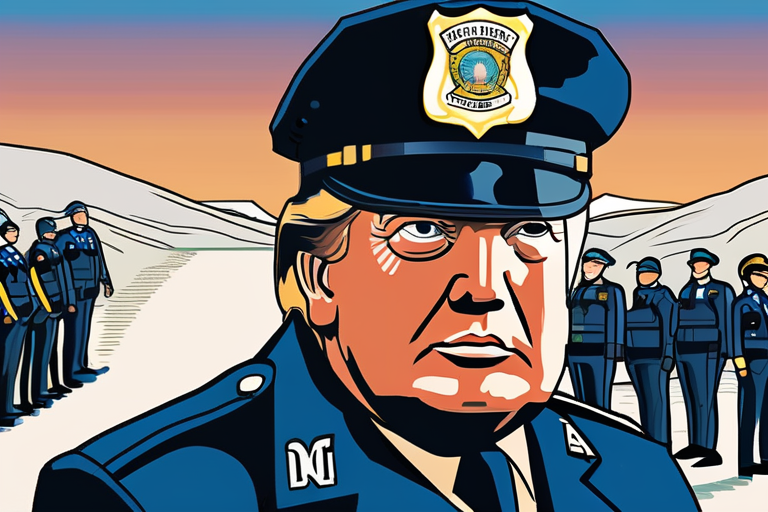
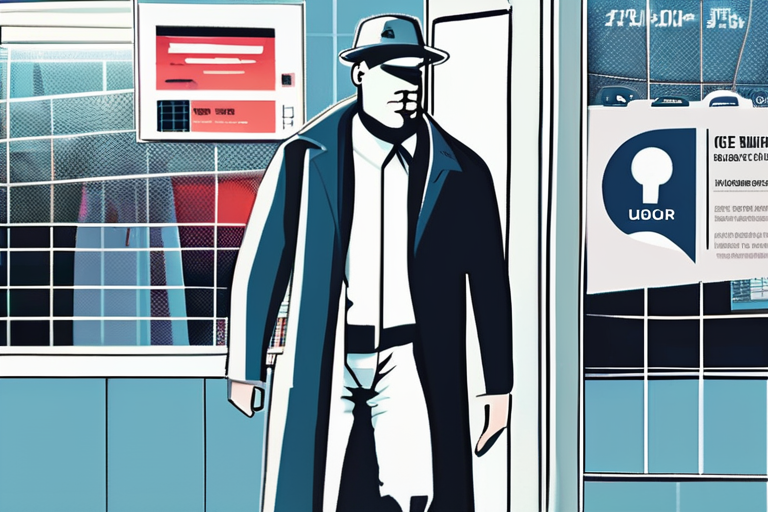
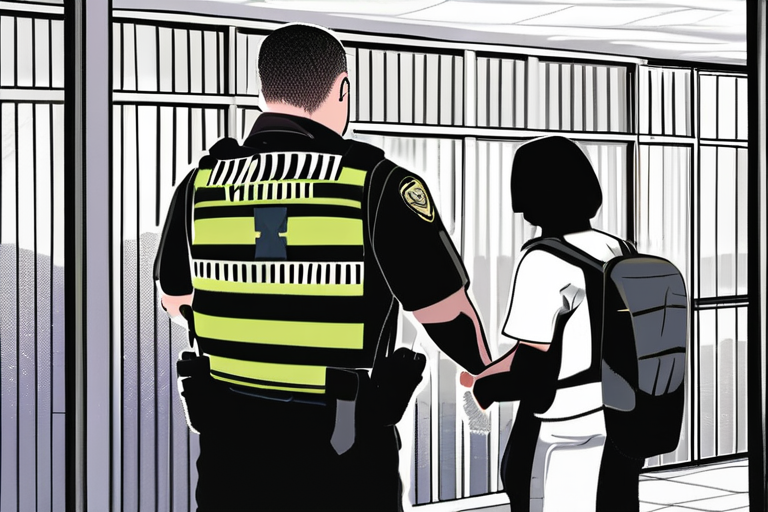
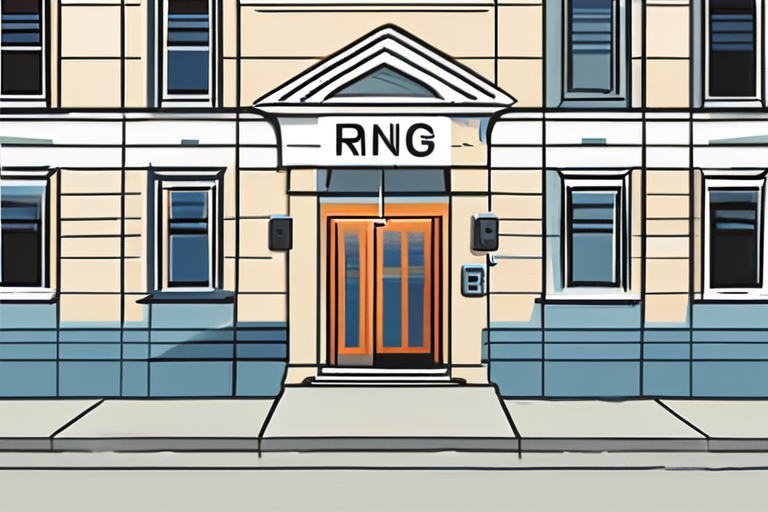
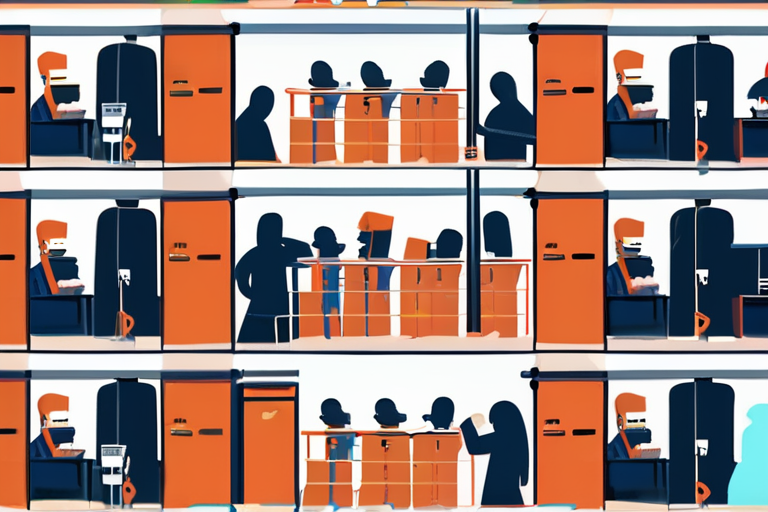
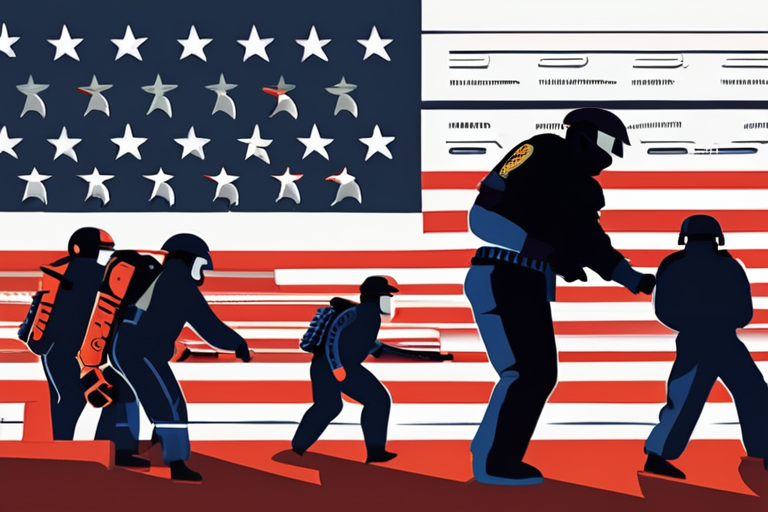
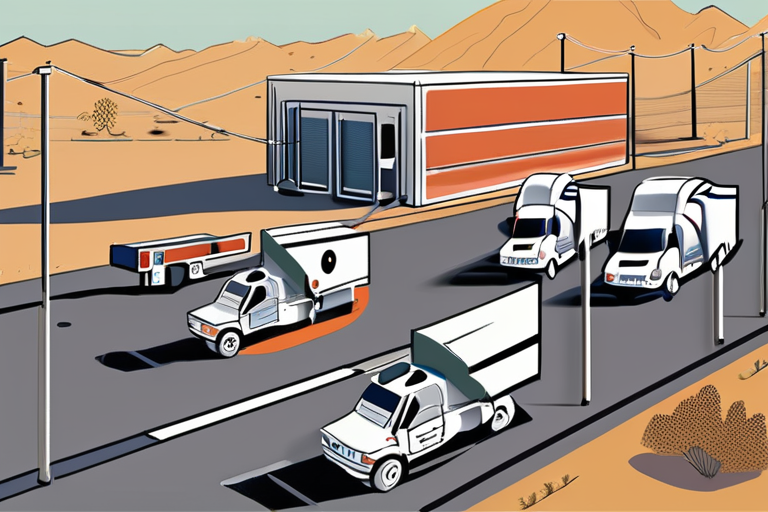
Share & Engage Share
Share this article